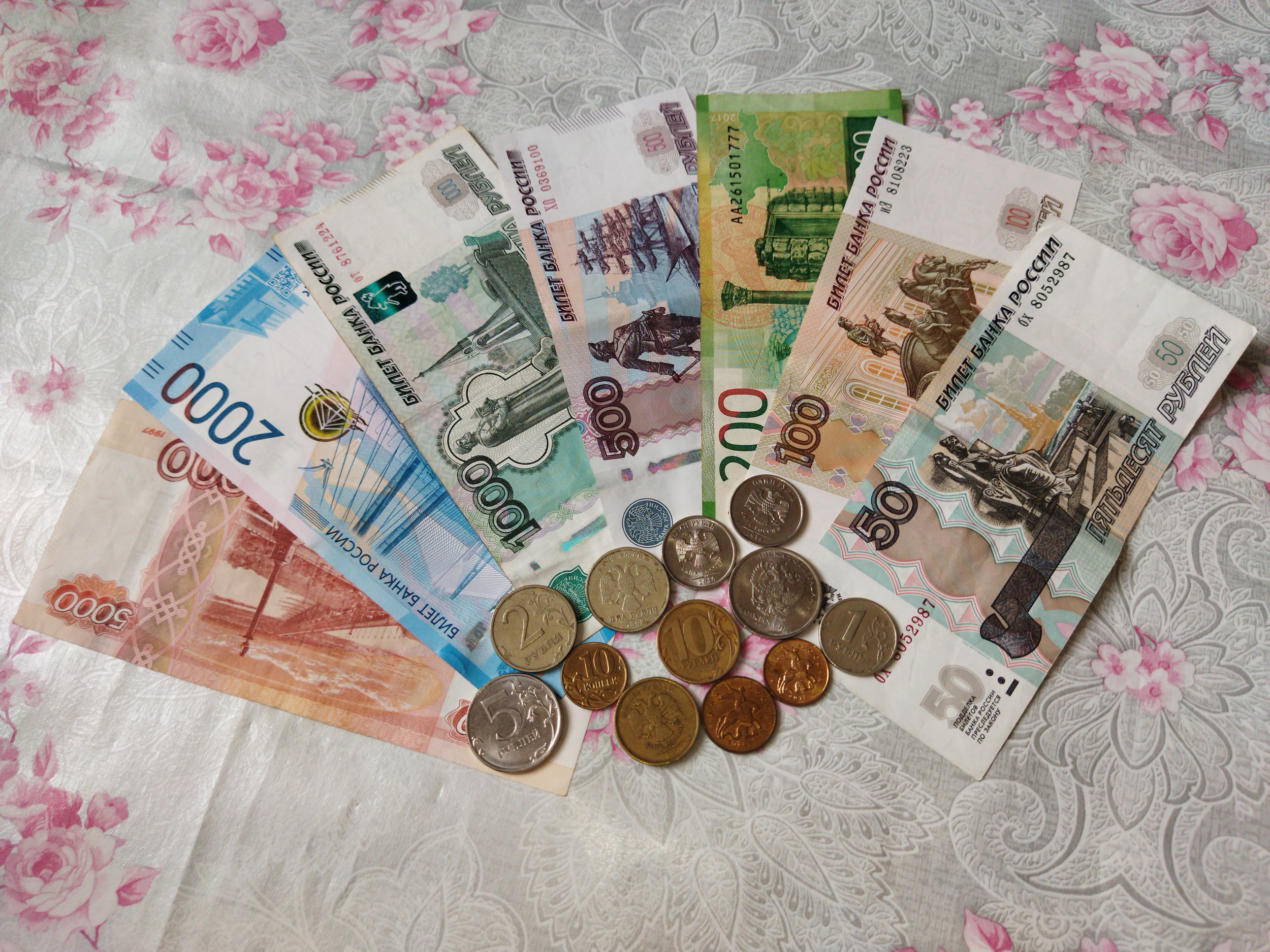Georgetown’s Alexander Hamilton Society Debates Ukraine
The conflict between Russia and Ukraine has greatly escalated. (Creative Commons)
Disclaimer: The author of this article is a member of the Alexander Hamilton Society.
Tensions between Russia and Ukraine are nearing a boiling point; the rapidly evolving situation has generated many discussions throughout political and academic circles. Georgetown University’s Alexander Hamilton Society chapter hosted a debate between two experts in the Eastern Europe and Russia region on Tuesday, February 15.
This debate featured Dr. Jakub Grygiel of Catholic University and Molly R. McKew, a writer and lecturer on Russian information warfare. Moderated by Matthew Kroenig of Georgetown University, the debate framed the various dimensions of the conflict’s most recent flareup in a historical and political context, discussing what factors led to the present crisis.
A standout issue in the discussion was Putin’s historical and ideological perspective on Ukraine, outlined in a speech he delivered asserting the unity of Russians and Ukrainians. Dr. Grygiel observed that this speech was an accurate representation of Putin’s personal views, whereas Ms. McKew pointed to speeches like these as clear indications of Russian plans.
The two speakers had contrasting opinions on the role that NATO expansion played in the current level of tension. Dr. Grygiel argued that the threat of NATO expansion to Russia was a spurious narrative, citing the limited borders between NATO and Russia as well as the fact that Russia has been active in the Middle East and Africa.
McKew countered that NATO’s responses to Russian aggression have not been strong enough to protect the sovereignty of Eastern European nations. She asserted that the United States should take a more active role in arming and supporting its European allies.
The conversation shifted to other aspects of the conflict, including whether Russian citizens were in support of a possible war, and whether Ukrainian President Volodymyr Zelensky was handling the conflict well.
Dr. Grygiel pointed out that many Russians are apathetic or not supportive of war, which is reflected in a recent study on attitudes about causes of the crisis in Ukraine and likelihood of war. 50% of young Russians view Ukraine in a positive light, further highlighting a potential war’s unpopularity.
Both speakers reflected on President Zelensky’s role in this crisis. Dr. Grygiel emphasized the importance of Zelensky being a “cheerleader” for Ukraine both domestically and internationally. Ms. McKew voiced her concerns about Zelensky’s approval and political tact but remained hopeful in his ability to lead Ukraine and stand up to Russia.











